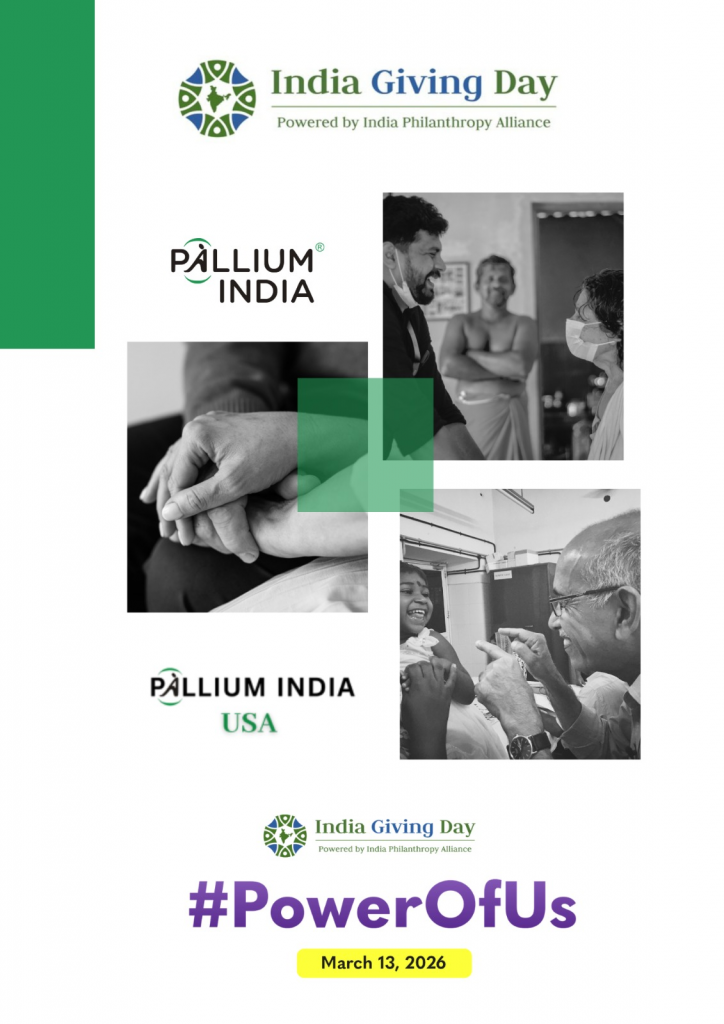Can Death Become a Beautiful Experience?
Death is feared by most, no doubt. Can it become a beautiful experience, the final expected opening of a door, the person turning back smiling to say farewell and quietly passing through?
Maybe it can, but as things stand now, even the mention of death makes some people angry. Then what reaction would the filming of a dying process elicit?
The second episode of the BBC’s new series, Inside the Human Body, will show the final breaths of an 84-year-old man dying from cancer. The Guardian reports on the controversy:
BBC defends filming cancer patient’s death
The BBC has braced for criticism after filming the dying moments of a terminally-ill man whose family agreed for the death to be captured on camera.
A BBC science series, Inside the Human Body, will show the final breath of 84-year-old Gerald as he dies at home surrounded by his family. The producers recognised the second episode of the series, which includes footage of the death, would anger some people, but said they wanted to tackle the difficult subject.
Presenter Michael Mosely told the Radio Times he believed the programme was justified and that it was important not to avoid “talking about death and, when it’s warranted, showing it”.
“There are those who feel that showing a human death on television is wrong, whatever the circumstances,” he said. “Although I respect this point of view I think there is a case to be made for filming a peaceful, natural death – a view shared by many who work closely with the dying.”
It would not be the first time the BBC has faced criticism for showing death on screen. Early this month it was accused of being a “cheerleader for assisted suicide” after filming the last moment of a man at a Dignitas clinic in Switzerland for a Terry Pratchett documentary. The programme, due to be broadcast on BBC 2 this summer, follows a 71-year-old man in the late stages of motor neurone disease. The fantasy novelist, a vocal supporter of euthanasia, stays at his bedside until he dies from a mixture of drugs taken to end his life.
Inside the Human Body will track the development of a life – from conception to the grave – and will feature the moment of conception, a baby’s first breath, the body’s development to adulthood, and the body’s defence mechanisms.
The second episode, which features Gerard’s death, will also look at a woman who has survived for 10 years eating nothing but crisps, a man who can hold his breath for nine minutes, and another who can swim in water so cold it would normally kill. The final part will examine what happens when the body gives up its fight for survival.
“We met many wonderful people while making the series, but Gerald was special. We were privileged to share, with his family, his last few weeks and the moment of his final breath,” said Moseley.
After approaching several hospices asking for permission to film, A hospice in Pembur, Kent, had put the programme makers in touch with Gerald because they felt it was “important that life-threatening illness and death is discussed and understood more in our society”.
Gerald, who had cancer, said he hoped filming his death would help others. “I don’t want to die, but pretty evidently unless some miracle happens, I ain’t gonna be here very long … I’m not frightened,” he said.
“I don’t believe that it’ll be just like cutting off some tape with some scissors, though it might be. But either way I have blind trust that I shall not disappear completely,” he said. He vowed to see the start of 2011, and died on 1 January, surrounded by family.
Mosley said: “The death of a loved one is a hugely significant moment in all our lives, but not something to be feared. I watched my own father die. Just before the end he decided to start singing. He sang for several minutes and then he stopped and he was gone. I’m so glad I was there and the time I spent with him before his death are among the many memories that I treasure.”
UK readers can see this episode of Inside the Human Body on BBC One: Thursday May 12, 2011 at 9pm.
- Update: Watch the scene here…






